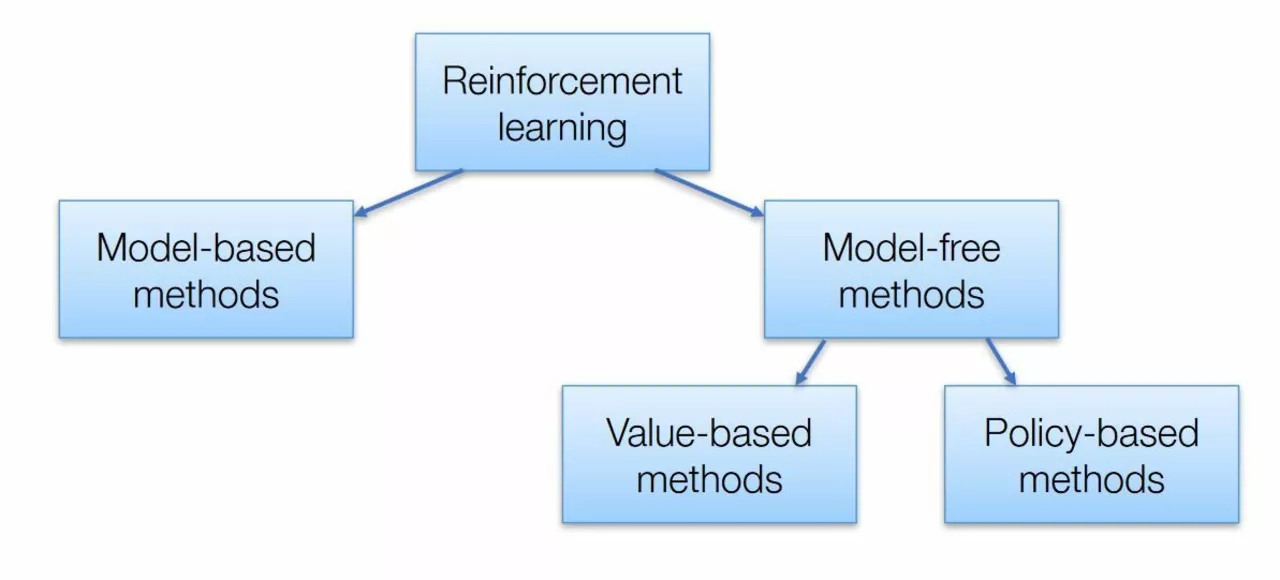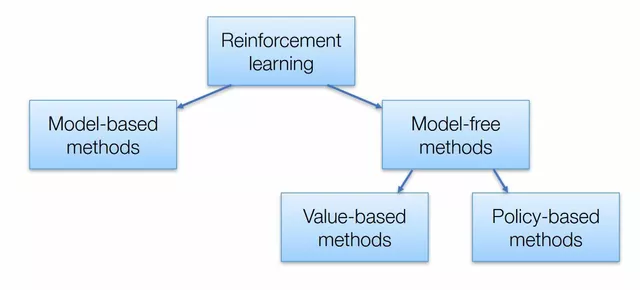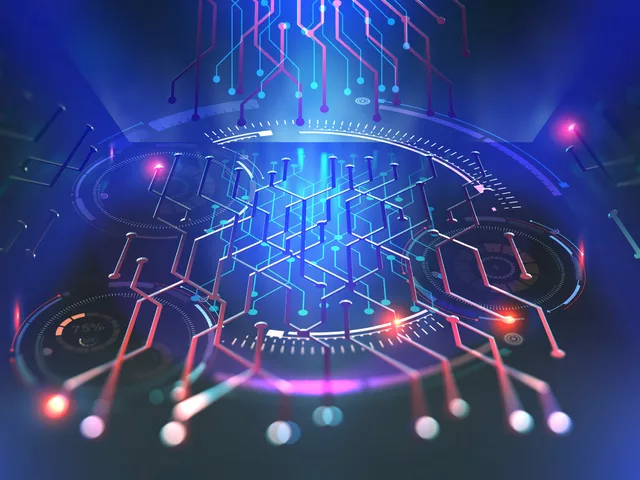Unemployment Due to Automation
One of the main concerns about the rise of artificial intelligence is the potential loss of jobs due to automation. As AI becomes more advanced, it gains the ability to perform tasks that were once reserved for humans. This can lead to increased efficiency and productivity, but it also means that some jobs may become obsolete.
For example, the manufacturing industry has already seen a significant reduction in the number of workers needed, as robotics and automation have taken over many tasks. Similarly, the rise of self-driving cars could lead to a decrease in demand for truck drivers, taxi drivers, and other transportation-related jobs.
While some argue that AI will create new job opportunities, there's no guarantee that those who lose their jobs will have the skills needed to transition into these new roles. Many low-skilled jobs are at risk of being replaced by AI systems, leaving those workers with few options for finding new employment.
Governments and industries must work together to develop strategies to help workers adapt to the changing job market and ensure that the rise of AI doesn't lead to widespread unemployment.
Erosion of Privacy
Another issue that comes with the development of AI is the potential erosion of privacy. AI-powered surveillance systems, facial recognition technology, and data collection tools are becoming increasingly common. While these tools can be useful for security and marketing purposes, they also raise concerns about the amount of personal information that is being collected and stored.
For example, AI-powered security cameras can identify individuals and track their movements in public spaces, leading to a loss of anonymity. Similarly, AI algorithms can analyze social media activity and online behavior, creating detailed profiles on individuals without their consent.
The more advanced AI becomes, the more capable it is of infringing on our privacy. It's crucial for governments and companies to implement regulations that protect individual privacy and prevent the misuse of personal information. Public awareness and understanding of the risks of AI-powered surveillance is also essential, as it empowers people to take steps to protect their own privacy.
Biased Algorithms
AI systems learn by analyzing large amounts of data, which means they can inadvertently adopt biases present in that data. These biased algorithms can then make decisions that perpetuate and reinforce existing inequalities and stereotypes.
For example, a hiring algorithm might be trained on a dataset of successful employees that predominantly features men. As a result, the algorithm could potentially discriminate against women by not recommending them for job opportunities. Similarly, facial recognition technology has been shown to be less accurate in identifying people with darker skin tones, leading to racial bias in its applications.
It's essential for developers of AI systems to be aware of these biases and work to mitigate them. This can involve using diverse datasets for training, implementing fairness metrics, and ensuring that the development teams themselves are diverse and representative. Additionally, transparency and accountability in AI decision-making processes can help identify and correct biased outcomes.
AI and Cybersecurity Threats
AI has the potential to revolutionize the field of cybersecurity, but it also presents new threats. Cybercriminals can use AI-powered tools to launch sophisticated attacks that are harder to detect and defend against. For example, AI can be used to create realistic deepfake videos, impersonate individuals in phishing scams, and automate hacking attempts.
AI-powered cybersecurity tools can help defend against these threats, but they also create an arms race between attackers and defenders. As AI technologies become more accessible, the potential for cybercriminals to use them for nefarious purposes increases.
To combat these threats, companies and governments must invest in advanced cybersecurity measures and collaborate on sharing information about potential threats. Public awareness and education about the dangers of AI-powered cyberattacks are also vital for ensuring that individuals can protect themselves and their data.
Ethical Considerations
The development and implementation of AI technologies raise numerous ethical questions. These include concerns about privacy, bias, and accountability, but also extend to more philosophical debates about the role of AI in society and the moral implications of creating intelligent machines.
For example, the use of AI in military applications, such as autonomous weapons, raises questions about the ethics of delegating life-and-death decisions to machines. Similarly, the development of AI with human-like emotions and consciousness could lead to debates about the rights and treatment of these artificial beings.
It's crucial for the AI community, as well as society as a whole, to engage in these ethical discussions and develop guidelines and regulations that ensure the responsible development and use of AI technologies. This may involve the creation of ethical committees, collaboration between industry leaders and governments, and public input on AI decision-making processes.
Regulation and Control
As AI technologies become more advanced and integrated into various aspects of our lives, the need for effective regulation and control becomes increasingly important. Governments and regulatory bodies must strike a balance between encouraging innovation and ensuring the responsible development and use of AI.
This can involve creating frameworks for the ethical use of AI, implementing privacy regulations, and establishing guidelines for AI development and deployment. Additionally, international collaboration is essential for addressing global AI-related challenges, such as cybersecurity threats and the potential for AI to exacerbate existing inequalities between countries.
The development of AI has the potential to bring about significant benefits, but it also presents challenges and risks that must be addressed. By engaging in thoughtful discussions, implementing effective regulations, and promoting public awareness and understanding, we can ensure that AI serves the greater good and contributes positively to our society.







Write a comment